Understanding Black Hat SEO: What It Is and Why You Should Avoid It
In the ever-evolving world of digital marketing, Search Engine Optimization (SEO) plays a crucial role in improving website visibility and driving organic traffic. However, not all SEO tactics are created equal. While some follow search engine guidelines to ethically boost rankings (White Hat SEO), others take a more deceptive route—this is known as Black Hat SEO.
What is Black Hat SEO?
Black Hat SEO refers to a set of unethical practices used to manipulate search engine algorithms to gain higher rankings. These tactics violate search engine guidelines (especially Google’s) and prioritize quick results over long-term value and user experience.
Think of it like cheating in an exam—you might get ahead temporarily, but once caught, the penalties can be severe.
Common Black Hat SEO Techniques
Here are some notorious Black Hat SEO strategies:
1. Keyword Stuffing
Overloading a webpage with keywords unnaturally in an attempt to manipulate rankings.
Example:
“Buy cheap running shoes. Our cheap running shoes are the best cheap running shoes online
2. Cloaking
Showing one version of a webpage to users and a different version to search engines. This deceives both search engines and visitors.
3. Hidden Text and Links
Inserting text or links on a webpage that are invisible to users but crawlable by search engines (e.g., white text on a white background).
4. Link Farms and Paid Links
Generating backlinks through networks of low-quality websites or buying links solely for SEO purposes—both violate Google’s guidelines.
5. Duplicate Content
Copying content from other websites or creating duplicate pages within your own site to try and rank for the same keywords.
6. Clickbait Titles and Meta Descriptions
Misleading users with sensational headlines that have little relevance to the actual content.
7. Spammy Blog Comments
Leaving irrelevant or automated comments with backlinks on blogs in an attempt to gain backlinks.
Why Black Hat SEO is Risky
Search engines are constantly improving their algorithms to detect and penalize Black Hat tactics. Some potential consequences include:
- Lower search rankings
- De-indexing from search engines
- Loss of credibility and trust
- Decreased user engagement and conversions
In short, Black Hat SEO might offer a temporary boost, but the long-term consequences can cripple your online presence.
The Right Way: Choose White Hat SEO
Instead of chasing shortcuts, invest in ethical SEO strategies:
- Create high-quality, valuable content
- Optimize user experience and page speed
- Earn backlinks naturally through outreach and partnerships
- Use keywords strategically and responsibly
- Follow Google’s Webmaster Guidelines
Final Thoughts
Black Hat SEO might sound tempting, especially when you’re eager to grow fast—but it’s a gamble not worth taking. The smarter, more sustainable path is to build a website that genuinely serves your audience and earns its place in search rankings through trust and value.
Stay ethical. Stay relevant. And remember—Google always catches up.
